
The conclusion unsettled him however. A practical man, surrounded by more than enough problems and
responsibilities, it was inappropriate, to say the least, that he should find himself considering such
foolishness. What he needed was a good dose of normality. He dragged the sheets off his shoulders and
threw them on to his bed as he moved back to the door. Outside stood a large barrel, full almost to the
top with water. Stars twinkled in the motionless surface and, for a moment, Ibryen felt as though he were
looking down on the heavens as their creator might have done. It was a dizzying perspective. Then he
scattered his tiny universe as he plunged his arms into the near-freezing water and performed a premature
morning ablution. Long, deep breaths kept his shivering at bay as he went back inside and towelled
himself down violently. He was glowing as he dressed.
But, despite this assault, his memory of what had happened was unchanged. Pensively he fastened his
sword-belt. He felt good. His body was awake and his mind was sharp and clear . . . so how was it that
a vague feeling which had been stirring at the edges of his mind should suddenly seem to him to be a call
– for call it was, he was sure now, though from whom and for what he could not imagine. He had no
ready answers. Strange things happened to people in the mountains, but this did not have the quality of
something generated by a mind addled by shifting mists, or lack of food, or thinness of air.
It occurred to him unnervingly that perhaps it was some devilment by the Gevethen. They certainly had
talents which seemed to defy logic and reason. But again, the call – he grimaced at the word – did not
have the sense of viciousness, of clinging evil, which pervaded their work. Rather, it was clear and
simple; beautiful, almost, despite the urgency that underlay it. All that was at fault was his confusion, his
inability to listen correctly – as though he were a noisy child, pestering about something that his parents
were already trying to explain. Perhaps he should stay silent, he decided, with an uncertain smile. Routine
concerns were already beginning to impinge on him following his brief exchange with Marris and all too
soon they would become a clamour as the village awoke and set about its daily life.
Compromise came to him. He would do two things at the same time. He would walk the outer
perimeter, to check the vigilance of the guards and to encourage them, then perhaps he might clamber up
on to the southern ridge to judge for himself the state of the adjoining valleys. These were necessary tasks
which he could pursue without any sense of guilt, while at the same time they would give him silence and
calm in which to ponder what was happening.
* * * *
Dawn was greying the sky as he began the ascent to the southern ridge. It had been a valuable exercise,
walking the perimeter. He had been challenged at every guard post and was now flushed with the quiet
congratulations he had been able to give. He paused and, unusually, allowed himself a little
self-congratulation as well. It was no small credit to his leadership that his people were so attentive so
long into the night. It helped, of course, that all here had suffered appallingly at the hands of the Gevethen
and were more than well-acquainted with their cunning and treachery. They knew that should a hint of the
location of this place reach the enemy, then a pitched and terrible battle would be inevitable. And there
would be little doubt as to who would prevail should this happen. The Gevethen were in power now, not
only because of their ability to sway others to their cause but because of their complete indifference to the
fate of those same followers. Wave upon wave of attackers would be sent against the camp until sheer
attrition won the day. It was a dark image and, for all it was no new one, Ibryen frowned as he turned
away from it.
He glanced briefly at the lightening sky then quickly turned his eyes back to the darkness around him. He
must be careful, of course. It was not necessary to fall over some craggy edge to injure oneself seriously
in this terrain, a simple tumble would suffice, but by the time he would be moving from the grassy slopes
on to the rocks proper it would be much lighter. For a moment he considered the wisdom of what he

 2024-11-29 7
2024-11-29 7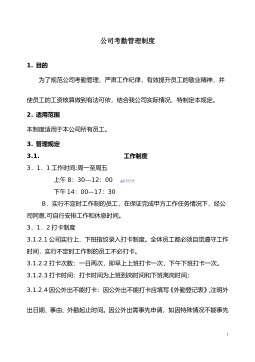
 2024-11-29 9
2024-11-29 9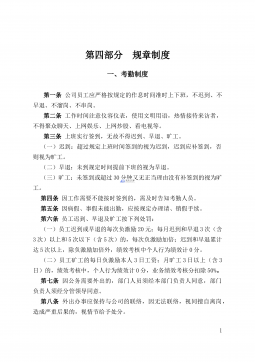
 2024-11-29 10
2024-11-29 10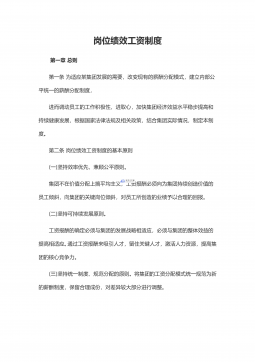
 2024-11-29 10
2024-11-29 10
 2024-11-29 11
2024-11-29 11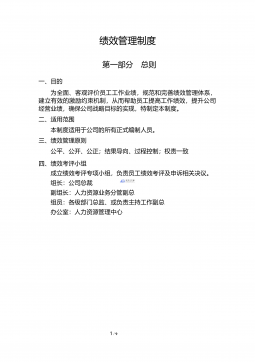
 2024-11-29 12
2024-11-29 12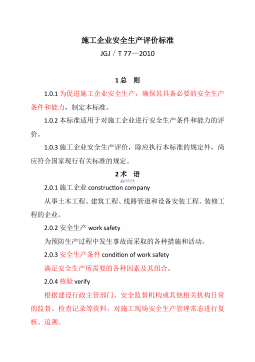
 2024-12-14 196
2024-12-14 196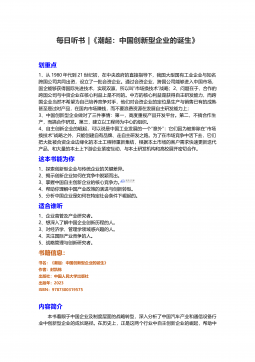
 2024-12-14 59
2024-12-14 59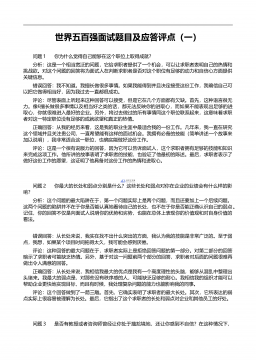
 2024-12-15 67
2024-12-15 67
 2025-01-13 134
2025-01-13 134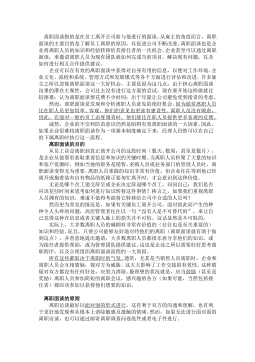
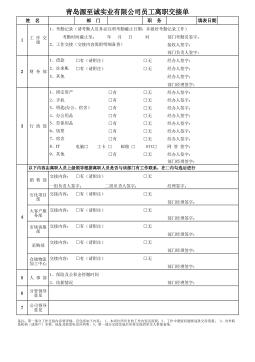
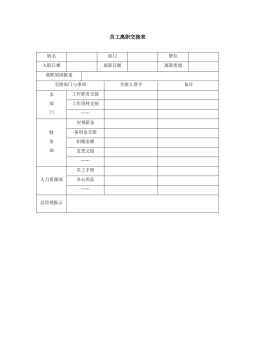
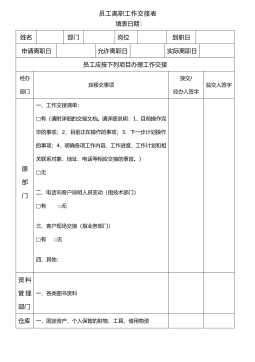
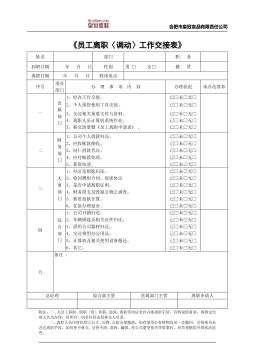



 渝公网安备50010702506394
渝公网安备50010702506394
